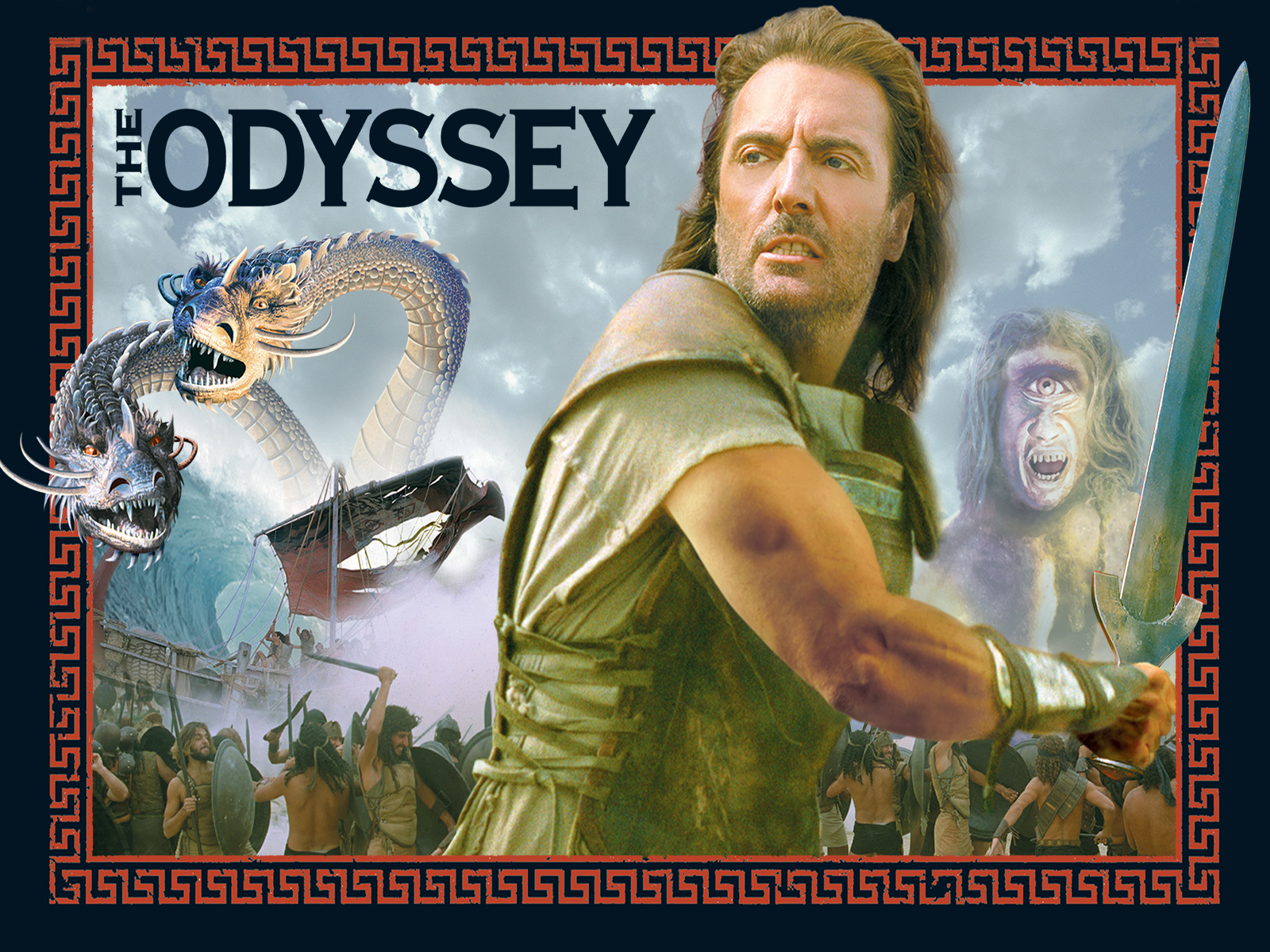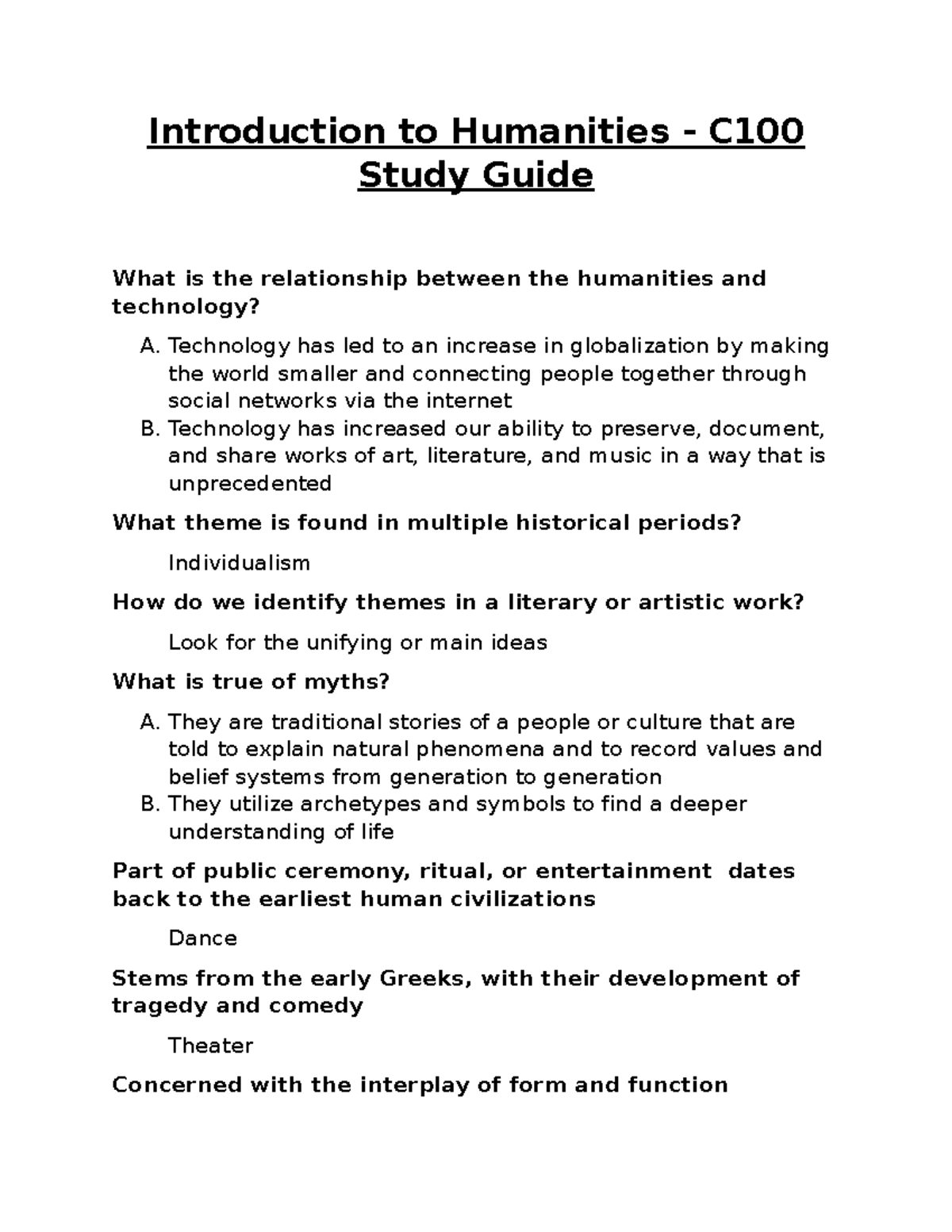“The Odyssey” by Homer remains a cornerstone of classical literature, embodying the essence of epic poetry and the timeless journey of the character Odysseus. This profound narrative has inspired countless translations, each offering a unique lens through which modern readers can appreciate its depth and complexity. The allure of Odysseus—an archetype of the flawed yet cunning hero—invites exploration of themes such as loyalty, identity, and the human condition. As new adaptations emerge, including an innovative production at the American Repertory Theater and a movie directed by Christopher Nolan, “The Odyssey” captivates audiences, proving its relevance in contemporary culture. Readers of all backgrounds can find new insights and interpretations in this ancient tale that has enthralled listeners for nearly three millennia.
Often referred to as an epic narrative, “The Odyssey” encapsulates the rich tapestry of human experience through the adventures of its prominent figure, Odysseus. This masterpiece of ancient poetic tradition not only tells the tale of a hero’s perilous journey home but also reflects broader themes that resonate across cultures and eras. The story does not just engage with the physical struggles of its protagonist; it delves into profound existential questions that provoke thought and reflection. Various renditions and literary analyses have emerged, expanding the reach of this iconic work to new audiences and enhancing its esteemed status in the realm of world literature. With a history of inspiring creativity in various forms of art, “The Odyssey” continues to weave its captivating narrative into the fabric of modern storytelling.
The Enduring Legacy of The Odyssey
The Odyssey, an epic poem attributed to Homer, has consistently captivated audiences for nearly three millennia. Its rich characters and complex narratives invite readers to explore themes of heroism, loyalty, and the human condition. Despite its ancient origins, the poem resonates with modern audiences, as evident in recent adaptations like the A.R.T’s production and the highly anticipated film directed by Christopher Nolan. Each retelling or translation of The Odyssey emphasizes different aspects of Odysseus’ journey, underscoring the timeless appeal of this classical work.
The significance of The Odyssey transcends mere storytelling; it embodies the essence of epic poetry. The poem’s intricate structure and lyrical language contribute to its status as a foundational text in classical literature. Scholars have undertaken numerous Odyssey translations, each offering a unique interpretation of Homer’s work. As audiences engage with various translations, they discover new perspectives on the story and its characters, further solidifying the poem’s position in cultural history.
Understanding Odysseus: The Hero and the Trickster
Odysseus, the protagonist of The Odyssey, is a multifaceted character whose complexity drives much of the narrative. Described by Greg Nagy as a ‘trickster,’ Odysseus embodies both cunning and vulnerability. His ability to adapt and maneuver through various challenges reflects the essence of the human experience. Readers are drawn to his flaws and strengths alike, providing an intricate portrait of what it means to be heroic in a rapidly changing world. The contrast between his celebrated cleverness and his moral ambiguities invites deeper reflection on the nature of heroism in classical literature.
This fascinating duality—Odysseus as both a traditional hero and a trickster—highlights the moral dilemmas present in the text. As he navigates the trials posed by gods and monsters, Odysseus often bends rules, showcasing how a deep understanding of societal norms allows him to defy them. This not only makes him a compelling figure but also serves as a lesson to readers about the complexities of morality, ethics, and the human psyche.
The Role of Penelope in The Odyssey
While Odysseus may be the titular hero of The Odyssey, Penelope, his wife, perhaps deserves equal acclaim as a central character in this epic tale. Her resilience and intelligence play pivotal roles in the plot while also challenging the norms associated with female characters in classical literature. Penelope’s unwavering loyalty combined with her clever strategies to outsmart the suitors present a profound exploration of female agency. As she awaits Odysseus’s return, her emotional journey reflects the trials and tribulations faced by those left behind.
The complexity of Penelope’s character is further illuminated by her interactions with Odysseus, particularly in their emotional reunion. Scholars like Greg Nagy highlight her intelligence, asserting that Penelope’s narrative choices often reveal her superior wit compared to that of Odysseus. Their dynamic showcases the inherent value of intellect and cunning in overcoming challenges, adding a deeper layer to the themes of The Odyssey. Readers are left to ponder the power of patience and strategy in the face of adversity, making Penelope an unforgettable figure in epic poetry.
The Impact of Recent Adaptations on Odysseus’s Story
Recent adaptations of The Odyssey, including stage productions and cinematic retellings, breathe new life into Homer’s ancient narrative. Daniel Mendelsohn’s fresh translation and Christopher Nolan’s upcoming film offer contemporary interpretations that resonate with today’s audience, making the epic more accessible. By incorporating modern themes and perspectives, these adaptations not only honor the original text but also invite diverse interpretations of Odysseus’s journey, making it relevant in our current cultural context.
These adaptations also serve to highlight the poem’s timeless exploration of the human condition. Modern audiences can relate to Odysseus’s struggles—his quest for identity, the longing for home, and the pursuit of self-discovery. This enduring relevance proves that The Odyssey is not just a relic of classical literature but an epic that continues to inspire and challenge readers and viewers alike in their personal journeys.
Exploring Themes of Loyalty and Betrayal in The Odyssey
Central to The Odyssey are the themes of loyalty and betrayal, woven through the fabric of Odysseus’s tumultuous journey home. As he navigates various challenges, the loyalty of characters like Penelope and Telemachus stand in stark contrast to the betrayal he faces from suitors vying for Penelope’s affection. These opposing forces create a rich tapestry of conflict, reflecting the social values of ancient Greece while allowing for exploration of universal truths about human relationships.
Furthermore, the exploration of loyalty isn’t limited to familial ties; it extends to the bonds forged between friends and allies throughout Odysseus’s adventures. The loyalty of his crew, despite their tragic fate, reminds readers of the significance of camaraderie in overcoming adversity. The duality of loyalty and betrayal in The Odyssey thus serves as a powerful commentary on the complexities of human emotions, illuminating how these themes resonate throughout both classical and contemporary narratives.
Odyssey Translations: A Journey Through Language
The Odyssey has been translated over one hundred times, each rendition offering a unique lens through which to view Homer’s epic. Esteemed translators like Emily Wilson and Robert Fagles have made significant contributions, allowing different generations to connect with the text in varying contexts. Each translation embodies not only linguistic choices but also cultural interpretations that reflect the translator’s understanding of the themes and characters within The Odyssey.
For instance, Wilson’s translation presents a fresh and accessible approach, successfully resonating with modern readers while maintaining the gravity of the original text. Similarly, other translations, like those by Richmond Lattimore and Robert Fitzgerald, continue to captivate scholars and enthusiasts alike, showcasing the nuances of linguistic interpretation. These translations ensure that while the narrative of Odysseus remains consistent, each version opens up new dialogues about its meaning, relevance, and impact on society.
The Homeric Influence on Modern Literature
The lasting influence of Homer’s works, particularly The Odyssey, extends far beyond its ancient roots, profoundly shaping modern literature. Many contemporary authors draw inspiration from Odysseus’s character and his epic journey, integrating themes of adventure, identity, and moral complexity into their narratives. Works across genres—from fantasy to historical fiction—echo the structure and character archetypes established in The Odyssey, underscoring its role as a cornerstone of storytelling.
Additionally, The Odyssey’s exploration of the human experience continues to resonate with readers today. Themes of longing, heroism, and the quest for meaning are prevalent in myriad modern works, illustrating the timeless nature of Homer’s insights into life’s challenges. As new generations encounter Odysseus’s adventures, they find relevance in the age-old questions posed by the epic, allowing the narrative to persist and evolve within the fabric of contemporary literature.
Lessons from the Journey of the Soul in The Odyssey
At its core, The Odyssey is a narrative that encapsulates the journey of the soul, an exploration that goes beyond physical travel. Odysseus’s odyssey serves as a metaphor for personal growth and self-discovery. Throughout his voyage, he encounters a plethora of challenges that compel him to reevaluate his identity, values, and the concept of home. Readers are encouraged to reflect on their own journeys of the soul, drawing parallels between their experiences and those of Odysseus.
The lessons embedded in The Odyssey resonate deeply with audiences, teaching about resilience, adaptability, and the significance of relationships. As Odysseus confronts various trials, he is shaped by the people he meets and the choices he makes. This highlights the importance of introspection and moral integrity in navigating life’s turbulent waters. Ultimately, The Odyssey invites readers to embark on their journeys, urging them to seek meaning and understanding in their own lives.
Cinematic Interpretations of The Odyssey: A New Frontier
The recent surge in cinematic adaptations of The Odyssey represents a new frontier in retelling ancient stories. With directors like Christopher Nolan at the helm, audiences can anticipate a fresh visual interpretation that aims to render the epic’s themes accessible to a broader demographic. Cinema provides a multisensory experience, allowing viewers to interact with Odysseus’s journey in a way that written language alone may not achieve. This engagement offers opportunities for deeper understanding of character motivations and narrative complexities.
Moreover, film adaptations have the power to influence public perception of classical literature. By reimagining Odysseus’s epic through various artistic lenses, filmmakers contribute to ongoing dialogues about heroism, identity, and morality. As these modern interpretations unfold, they invite new audiences to explore the original text, prompting a resurgence of interest in Homer’s narrative and its profound implications in contemporary discourse.
Frequently Asked Questions
What is the significance of Homer’s ‘The Odyssey’ in classical literature?
Homer’s ‘The Odyssey’ is a cornerstone of classical literature, illustrating the heroic journey of Odysseus as he navigates challenges and adventures after the Trojan War. Its themes of perseverance, identity, and homecoming resonate with audiences, making it integral to the study of epic poetry and Western literature.
How many translations of ‘The Odyssey’ exist, and which are the most acclaimed?
There are over 100 translations of ‘The Odyssey,’ with notable versions by George Chapman, Emily Wilson, Richmond Lattimore, and Robert Fagles. Each translation offers a unique perspective, with Wilson being praised for her modern take as the first female translator, while Chapman’s early version is celebrated for its historical significance.
What character traits make Odysseus an intriguing figure in ‘The Odyssey’?
Odysseus is depicted as cunning, complex, and flawed in ‘The Odyssey.’ His role as a trickster allows him to navigate the rules of society, breaking and redefining them while captivating readers with his adaptability and development throughout the epic.
Why is Penelope considered an important character in ‘The Odyssey’?
Penelope is essential to ‘The Odyssey’ as she embodies intelligence, loyalty, and resilience. Her strategic cunning in dealing with the suitors and her deep love for Odysseus highlight her strength, making her a compelling counterpart to Odysseus’s adventures.
What are the primary themes explored in Homer’s ‘The Odyssey’?
‘The Odyssey’ explores themes such as the journey of self-discovery, the importance of home and family, the complexities of human relationships, and the struggle against fate. These themes have contributed to its lasting impact and relevance in discussions of epic poetry and human experience.
How does ‘The Odyssey’ reflect the cultural values of ancient Greece?
‘The Odyssey’ reflects ancient Greek cultural values through its portrayal of heroism, honor, loyalty, and the significance of hospitality. The actions and traits of characters like Odysseus and Penelope illustrate societal ideals, including cleverness, strength, and the importance of familial bonds.
What lessons can readers derive from the journey in ‘The Odyssey’?
Readers can learn the importance of perseverance, the value of wisdom over brute strength, and the significance of self-reflection through Odysseus’s journey in ‘The Odyssey.’ The epic encourages readers to embark on their own journeys of the soul, facing challenges to grow and evolve.
Why has ‘The Odyssey’ remained relevant in contemporary culture?
‘The Odyssey’ remains relevant due to its exploration of universal themes such as love, loss, and the quest for identity. Adaptations in theater, film, and literature highlight its timeless appeal, ensuring that the epic continues to resonate with modern audiences seeking connection through storytelling.
| Key Point | Details |
|---|---|
| Enduring Appeal | The Odyssey continues to resonate due to numerous adaptations, including a stage production and an upcoming film by Christopher Nolan. |
| Translations | Over 100 translations exist; notable ones include George Chapman, Emily Wilson, and Robert Fagles. |
| Character Depth | Odysseus is viewed as a complex trickster, while Penelope showcases intelligence and cunning. |
| Historical Context | Composed in two phases, primarily in ancient Greek city-states during the late 8th to 5th centuries B.C.E. |
| Educational Value | The Odyssey offers insights into the human experience and the journey of the soul. |
Summary
The Odyssey has stood the test of time, inviting readers into its intricate layers of storytelling and character exploration. This timeless epic not only highlights the cunning and complexities of Odysseus but also showcases the intellect of Penelope, making it deeply relevant across generations. As adaptations and translations continue to breathe new life into this classic, The Odyssey remains a profound reflection on humanity’s journey, urging readers to embark on their own quests of self-discovery.



